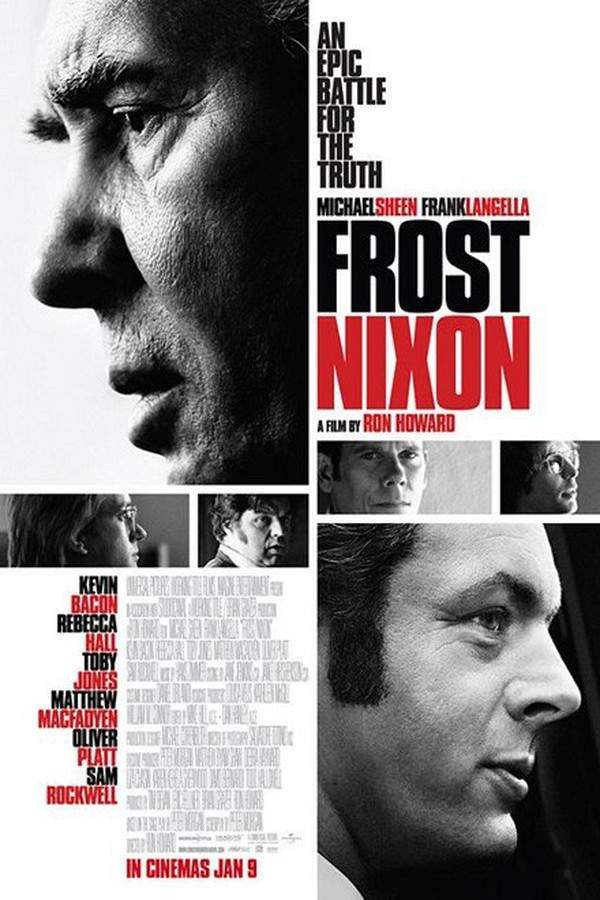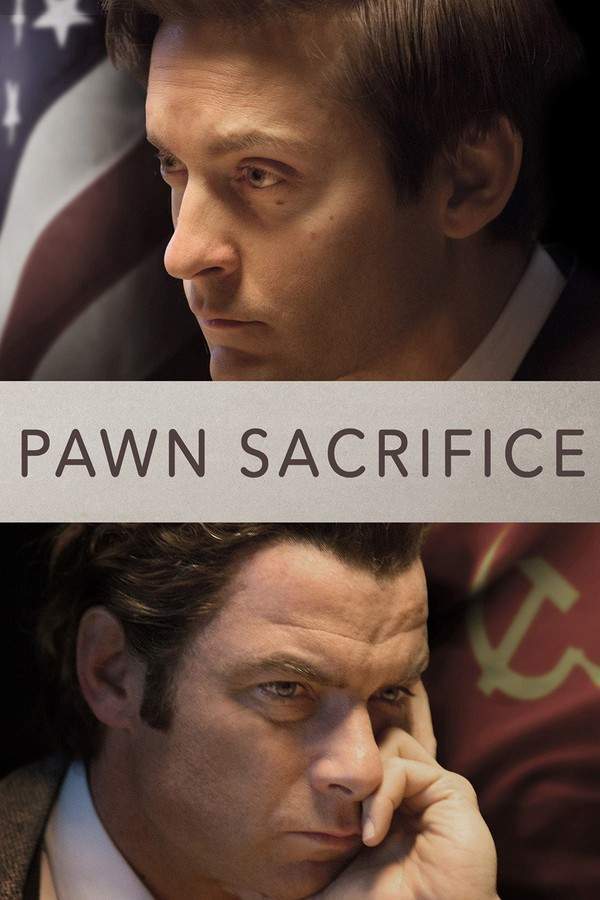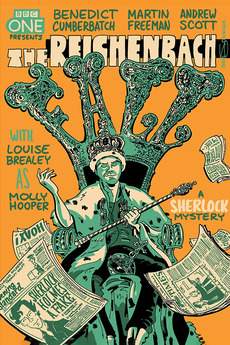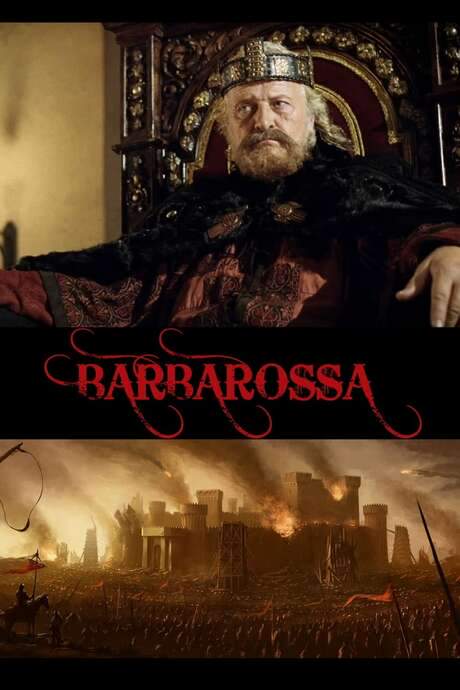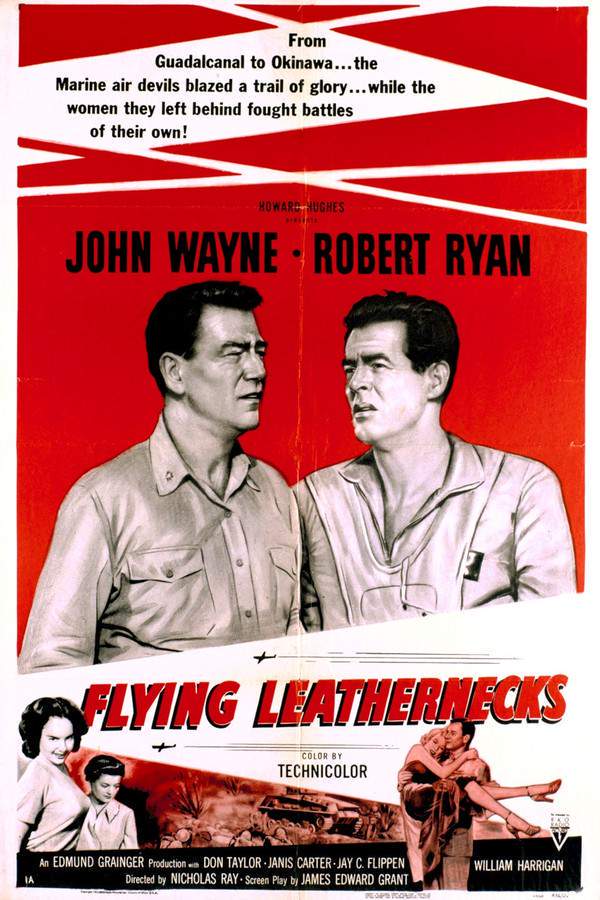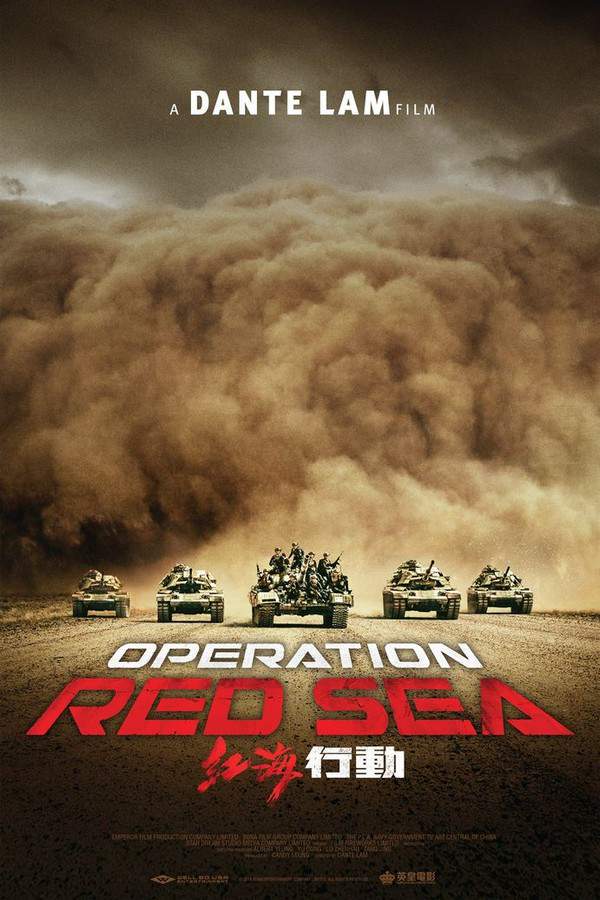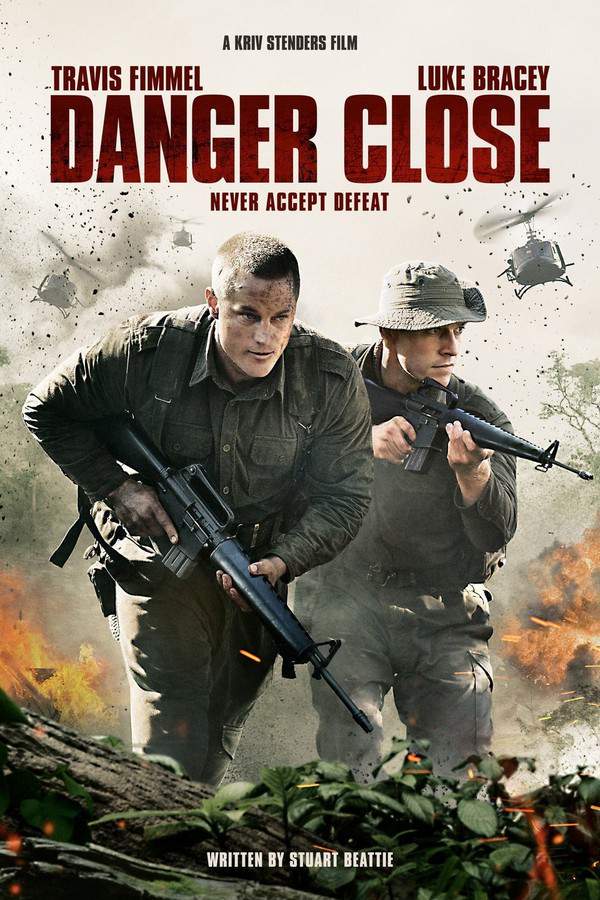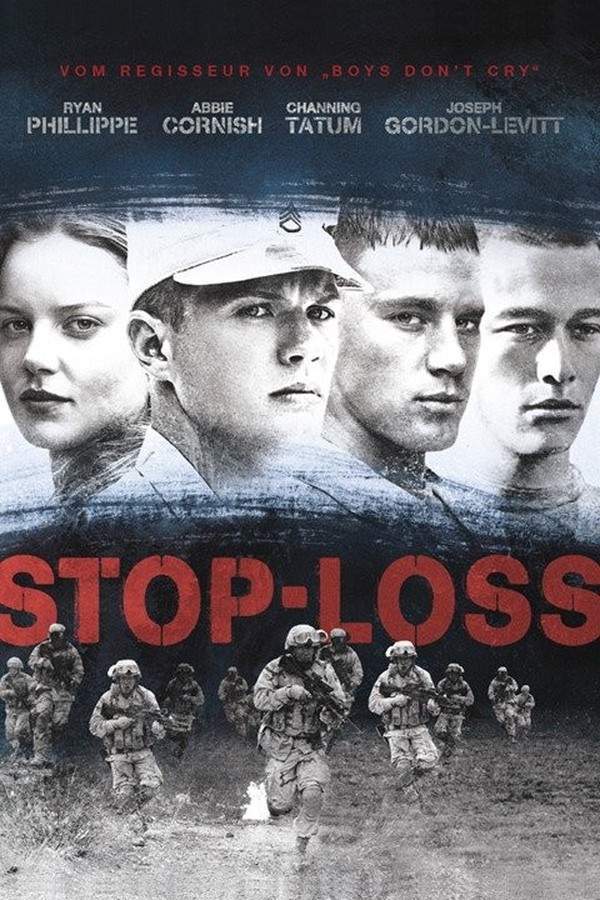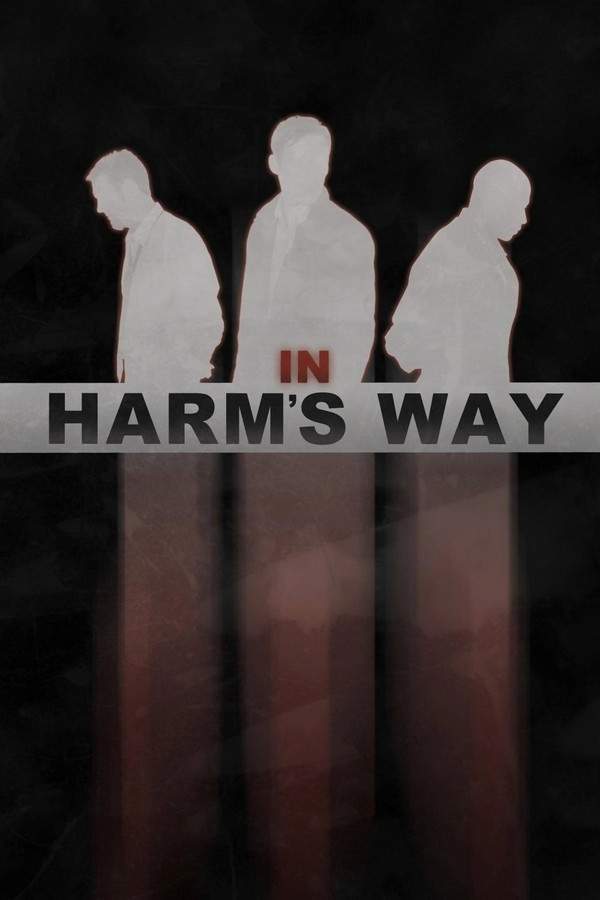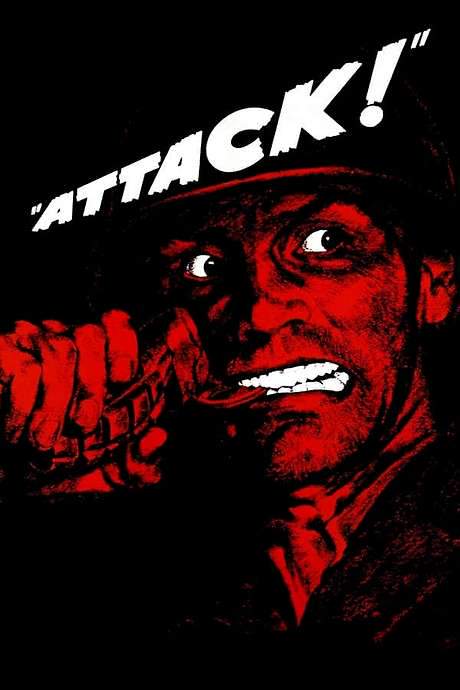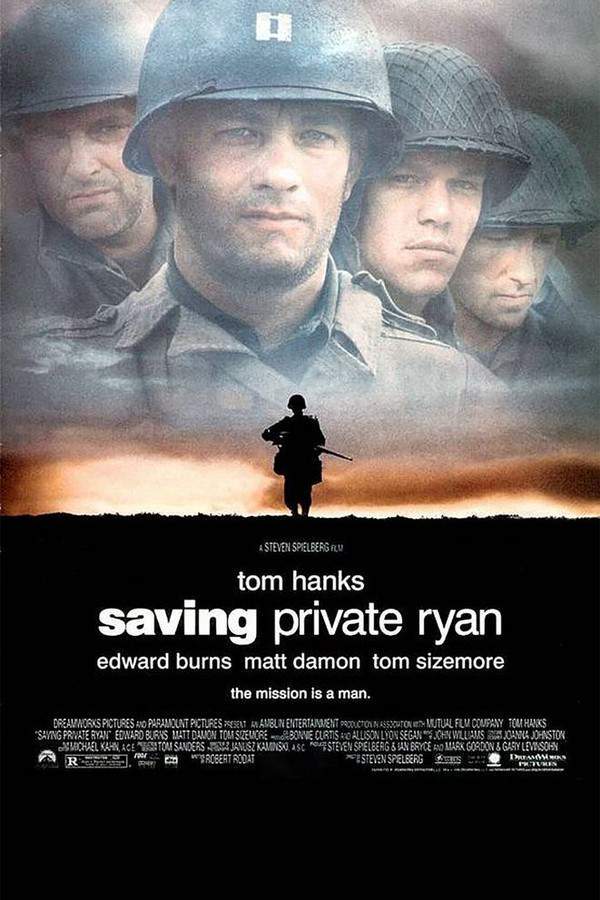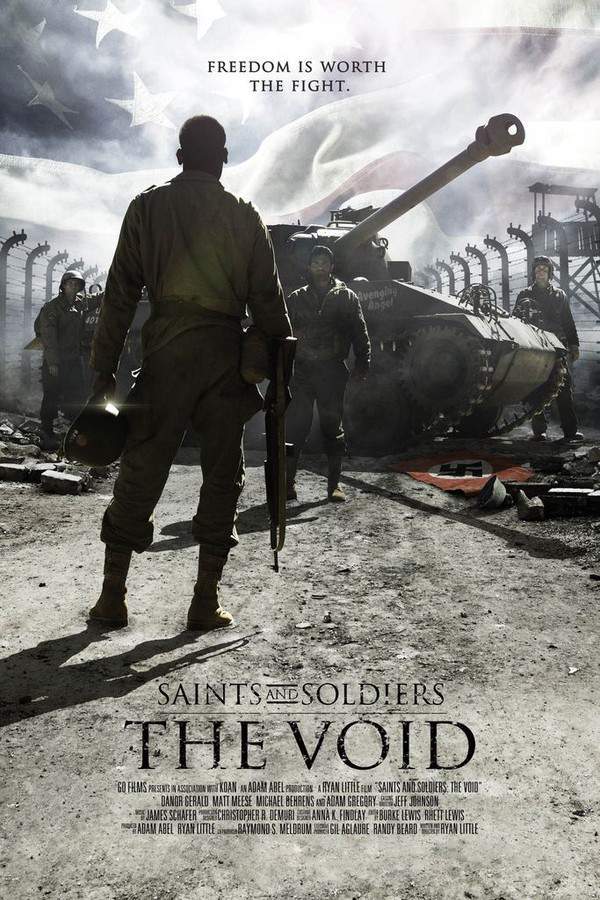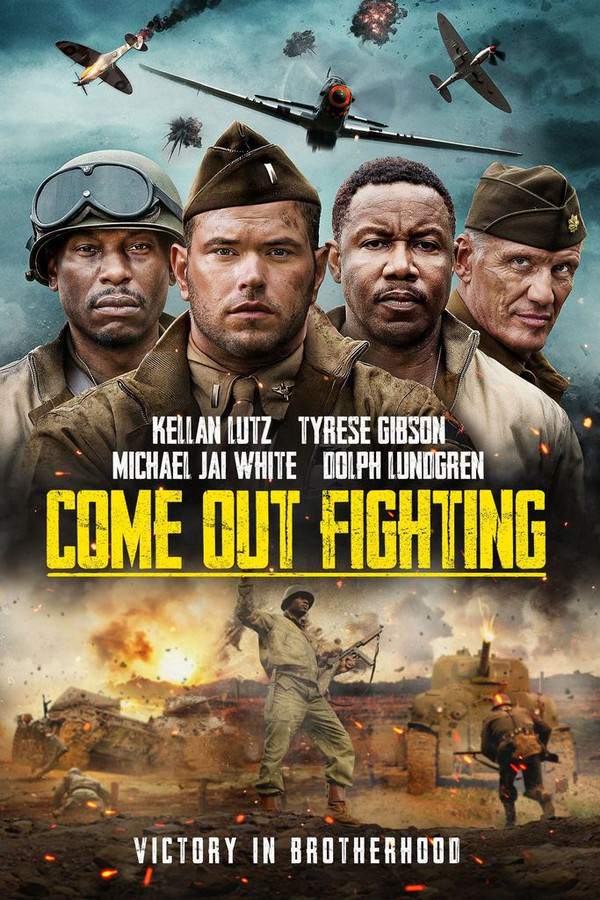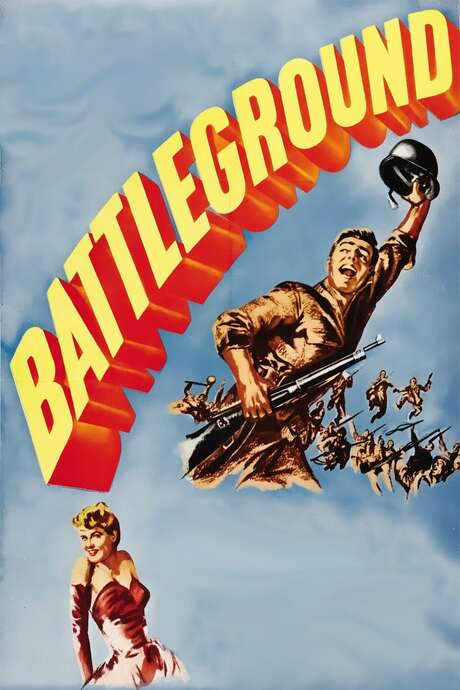
Patton
Year: 1970
Runtime: 172 min
Language: English
Director: Franklin J. Schaffner
Budget: $12M
This gripping biographical drama portrays the life of General George S. Patton, a celebrated but controversial figure in World War II. The film explores his extraordinary military leadership and tactical brilliance, alongside his fiery personality and outspoken views that often led to conflict. Witnessing both his triumphs and setbacks, the story follows Patton’s journey from the battlefield to a tragic downfall in the war’s aftermath.
Warning: spoilers below!
Haven’t seen Patton yet? This summary contains major spoilers. Bookmark the page, watch the movie, and come back for the full breakdown. If you're ready, scroll on and relive the story!
Patton (1970) – Full Plot Summary & Ending Explained
Read the complete plot breakdown of Patton (1970), including all key story events, major twists, and the ending explained in detail. Discover what really happened—and what it all means.
Against a backdrop of the Stars and Stripes, General George S. Patton (portrayed by George C. Scott) stands before his troops on the eve of battle, delivering a powerful address. His uniform is pristine, adorned with countless medals, and his demeanor shifts from stern to jovial, and even to profanity, reflecting his complex personality. Patton expresses his conviction that war, in all its chaos, is the most profound reflection of the human spirit.
Set in North Africa, 1942, the Americans face a devastating defeat against Rommel’s Africa Corps during their initial encounter. Following this loss, General Omar Bradley (played by Karl Malden) realizes the necessity of bringing in the best tank commander available. Patton swiftly answers the call, arriving amidst blaring sirens and swirling dust, catching the soldiers off guard—an error they won’t repeat. He believes that the troops’ lax attitude is the root of their failure and diligently sets about restoring order and discipline. With unwavering self-confidence, Patton imposes his steadfast philosophy on his men, commanding them with an iron will. Recognizing the tactical prowess of his enemy, he immerses himself in studying Rommel’s strategies.
Meanwhile, the Germans are also evaluating Patton’s growing reputation. They scrutinize his peculiar habits and character traits, recognizing him as a romantic who reads the Bible daily, curses fervently, and has a belief in reincarnation. When asked about Patton, Rommel’s chilling response is, > “I will attack and annihilate him… before he does the same to me.”
As the Germans launch an offensive against American positions in Tunisia, Patton, perched in the hills, assesses Rommel’s plans with keen interest. His foresight leads to an American victory, further inflating his already substantial ego. With both Patton and British commander Field Marshal Montgomery (portrayed by Michael Bates) commanding respect and contention, their rivalry intensifies as the African campaign nears its end. Patton, eager to implement his invasion plan through Sicily, becomes outraged when Montgomery’s strategy is adopted instead.
Once Sicily is invaded, Montgomery’s troops battle fiercely against German forces while Patton, originally assigned to aid Montgomery, decides to chart his own course. Ignoring orders, he pushes forward, first capturing Palermo and then racing towards Messina, prioritizing speed over the welfare of his men, which engenders dissatisfaction among his commanders wary of unnecessary American casualties.
Ultimately, Montgomery’s forces claim Messina amid celebration, only to be confronted by Patton, who has arrived ahead of them. With a self-satisfied grin, he stands ready to greet the victorious British commander, showcasing his ambition.
As the Italian campaign progresses, Patton’s controversial decisions begin to overshadow his initial successes. During a routine visit to a field hospital, he encounters a shell-shocked soldier exhibiting signs of extreme stress. Misinterpreting this as cowardice, Patton erupts in anger, slapping the man and sending him back to the front lines. This incident leads to his first significant fallout, resulting in a reprimand and a forced apology, a bitter pill for such a proud general to swallow.
With the war still ongoing, Patton is summoned to England in preparation for D-Day, only to discover his reputation has made him a liability to the delicate alliance Eisenhower is attempting to maintain. Ordered to remain silent and avoid trouble, he struggles with the possibility that he might miss the grand battle for which he has longed. Following the invasion, he meets General Bradley again, who cautiously offers him a chance at redemption. Seizing the opportunity, Patton swiftly propels the American forces through France, gaining ground faster than any other Allied unit.
As Christmas approaches, the Germans unleash a fierce counterattack during the Battle of the Bulge, surrounding American troops. Only a miracle can save them, and Patton vows to deliver. He marches his men with urgency and arrives just in time to relieve the besieged forces, once again capturing the spotlight. With victory in sight, Patton becomes increasingly despondent at the looming end of the war and the loss of purpose. His penchant for speaking out lands him in trouble again when he offends the Russians, ultimately leading to his removal from command by Eisenhower.
Having established himself as one of the most formidable leaders of World War II, Patton now faces an uncertain future in a world moving beyond him. Reflecting upon his experiences, he muses, > “For over a thousand years, Roman conquerors returning from the wars enjoyed the honor of a triumph - a tumultuous parade. The conqueror rode in a triumphal chariot, the dazed prisoners walking in chains before him. Sometimes his children, robed in white, stood with him in the chariot, or rode the trace horses. A slave stood behind the conqueror, holding a golden crown, and whispering in his ear a warning: that all glory is fleeting.”
Last Updated: October 27, 2024 at 17:58
Explore Movie Threads
Discover curated groups of movies connected by mood, themes, and story style. Browse collections built around emotion, atmosphere, and narrative focus to easily find films that match what you feel like watching right now.
Complex Portraits of Flawed Genius like in Patton
Biographical dramas exploring brilliant but deeply troubled historical figures.Explore movies like Patton that showcase brilliant but deeply flawed historical figures. If you enjoyed the complex portrayal of General Patton, you'll find similar biographical dramas exploring the fine line between genius and self-destruction in films about iconic leaders, artists, and innovators.
Narrative Summary
These narratives typically follow a rise-and-fall arc, charting the subject's ascent to greatness while simultaneously foreshadowing the character flaws that will lead to their downfall. The central conflict is often internal—the battle between the individual's brilliance and their pride, ambition, or psychological struggles—set against a large-scale, high-stakes backdrop.
Why These Movies?
Movies in this thread share a focus on morally complex protagonists whose greatness is shadowed by significant flaws. They offer a heavy emotional weight, a tense or grim tone, and a bittersweet ending that acknowledges achievement while mourning personal failure, creating a cohesive experience of ambitious but tragic lives.
War Dramas about the Psychological Toll of Command like Patton
Intense war dramas focusing on the heavy burden of leadership.Find movies similar to Patton that examine the heavy psychological burden of military leadership. If you were captivated by the intense portrayal of command stress, these war films explore the inner turmoil, moral conflicts, and personal costs faced by leaders on the front lines.
Narrative Summary
The narrative pattern revolves around a leader grappling with the overwhelming responsibility of command. Scenes of strategic triumph are intercut with moments of profound doubt, guilt, and emotional isolation. The story examines how constant pressure and exposure to trauma erode the protagonist's psyche, questioning the very concept of glory in warfare.
Why These Movies?
These films are united by their high intensity, fast pacing driven by military campaigns, and a heavy emotional weight derived from the psychological toll of war. They share a tense, often grim tone and use the war setting not just for action, but as a crucible for exploring the human cost of leadership.
Unlock the Full Story of Patton
Don't stop at just watching — explore Patton in full detail. From the complete plot summary and scene-by-scene timeline to character breakdowns, thematic analysis, and a deep dive into the ending — every page helps you truly understand what Patton is all about. Plus, discover what's next after the movie.
Patton Timeline
Track the full timeline of Patton with every major event arranged chronologically. Perfect for decoding non-linear storytelling, flashbacks, or parallel narratives with a clear scene-by-scene breakdown.

Characters, Settings & Themes in Patton
Discover the characters, locations, and core themes that shape Patton. Get insights into symbolic elements, setting significance, and deeper narrative meaning — ideal for thematic analysis and movie breakdowns.

Patton Spoiler-Free Summary
Get a quick, spoiler-free overview of Patton that covers the main plot points and key details without revealing any major twists or spoilers. Perfect for those who want to know what to expect before diving in.

More About Patton
Visit What's After the Movie to explore more about Patton: box office results, cast and crew info, production details, post-credit scenes, and external links — all in one place for movie fans and researchers.

Similar Movies to Patton
Discover movies like Patton that share similar genres, themes, and storytelling elements. Whether you’re drawn to the atmosphere, character arcs, or plot structure, these curated recommendations will help you explore more films you’ll love.
Explore More About Movie Patton
Patton (1970) Scene-by-Scene Movie Timeline
Patton (1970) Movie Characters, Themes & Settings
Patton (1970) Spoiler-Free Summary & Key Flow
Movies Like Patton – Similar Titles You’ll Enjoy
Fury (2014) Story Summary & Characters
Churchill (2017) Complete Plot Breakdown
Saving Private Ryan (1998) Full Movie Breakdown
Saints and Soldiers (2004) Full Summary & Key Details
Come Out Fighting (2023) Complete Plot Breakdown
The Last Days of Patton (1986) Full Movie Breakdown
Attack (1956) Spoiler-Packed Plot Recap
The Victors (1963) Film Overview & Timeline
Battleground (1949) Detailed Story Recap
Command Decision (1948) Detailed Story Recap
The Battle of San Pietro (1945) Story Summary & Characters
The Big Parade (1925) Ending Explained & Film Insights
A Walk in the Sun (1945) Spoiler-Packed Plot Recap
Paisan (1946) Full Movie Breakdown
Paratroop Command (1959) Ending Explained & Film Insights


